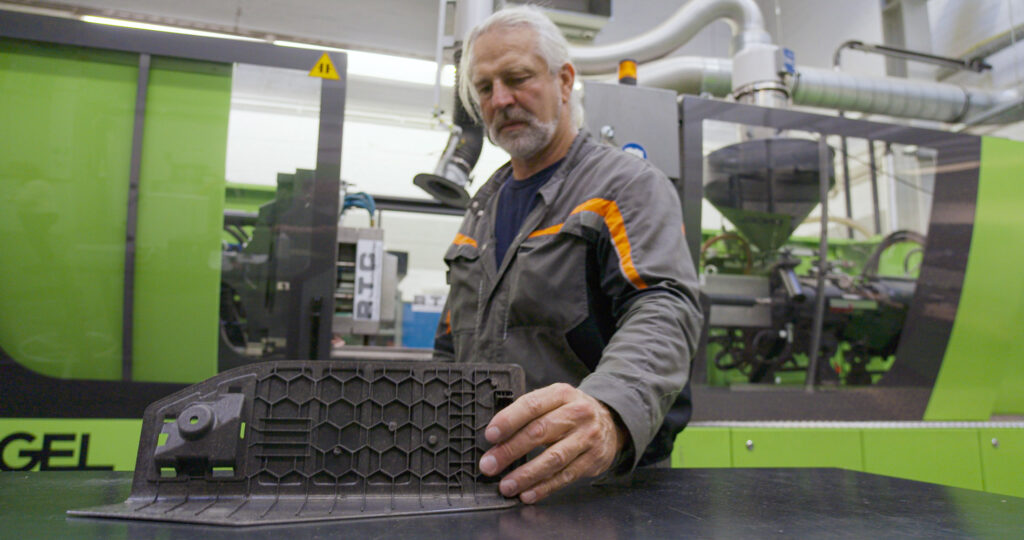Olive trees, known for their versatile fruit, generate substantial waste during pruning season. In an effort to reduce waste and enhance sustainability, Ford engineers have developed prototype footrests and components for the car's trunk area using this discarded foliage.
The process is a response to the staggering 7 million tons of green waste generated annually during olive tree pruning. Engineers in Cologne, Germany, have identified an innovative solution by incorporating this waste material into trim parts. This not only results in lighter components but also reduces their carbon footprint.
The source of the tree material for this project is the olive groves of Andalusia in Spain, a region responsible for supplying 10 percent of the world's olive oil. The prototype parts were crafted from a combination of 40% olive tree fibers and 60% recycled polypropylene plastic. These materials were heated and injection molded to achieve the desired shapes.
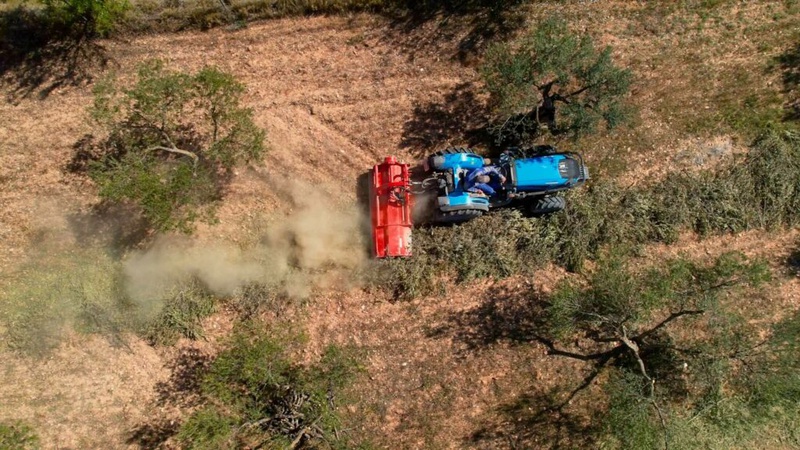
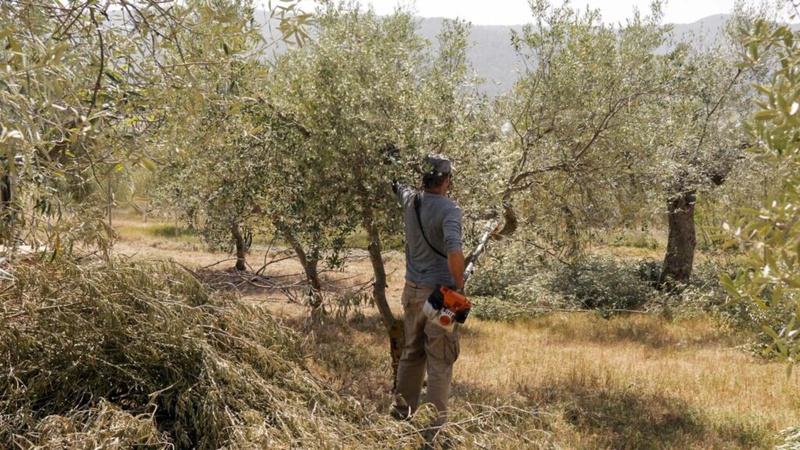
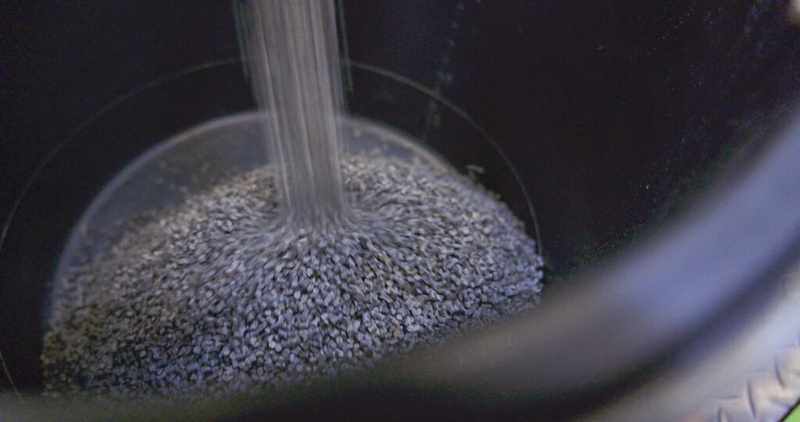
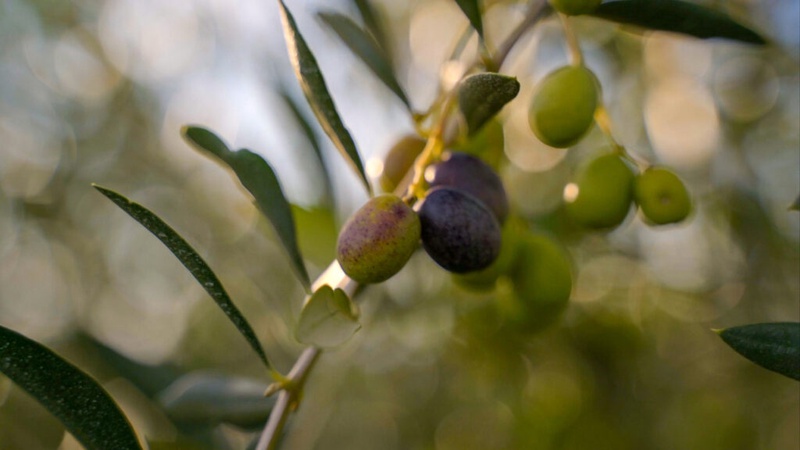
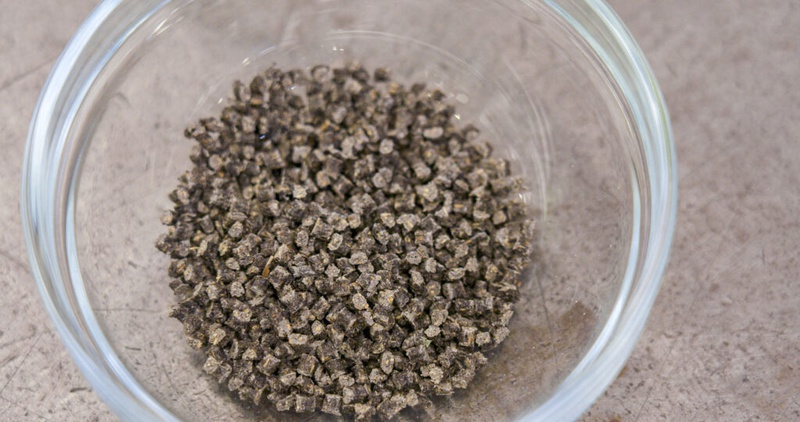
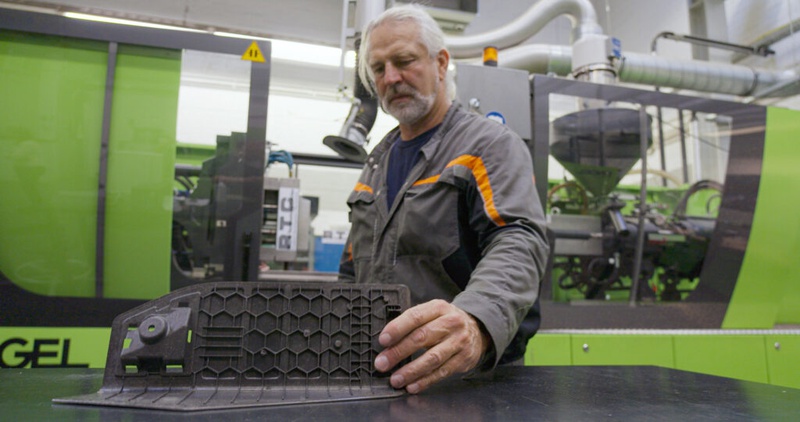
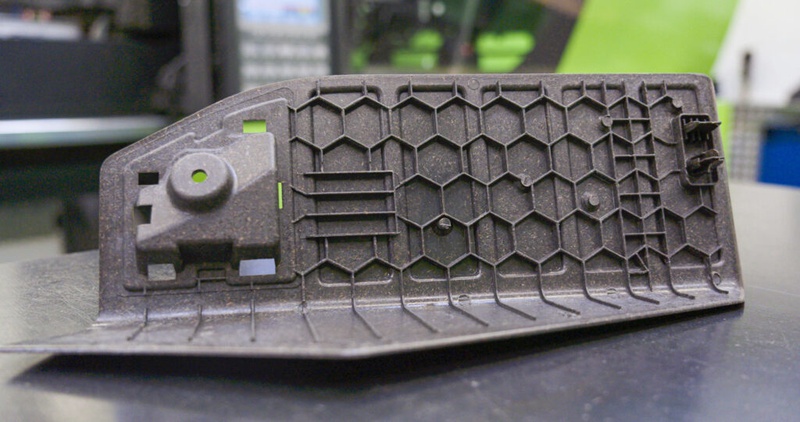
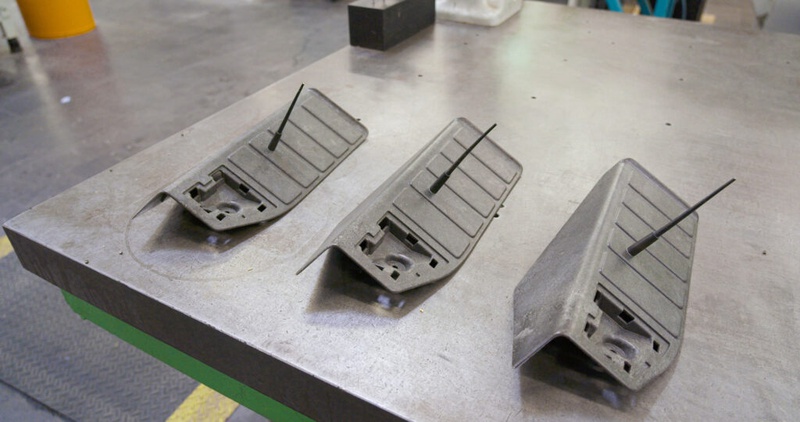
Ford's commitment to sustainability extends beyond this project. They have already integrated eco-friendly materials into their vehicles, such as soybean-based foam for select seats and headrests, recycled yogurt cups for the Mustang Mach-E's frunk insert, and repurposed ocean plastic for wiring harness clips in the Bronco Sport.
Source: Ford
